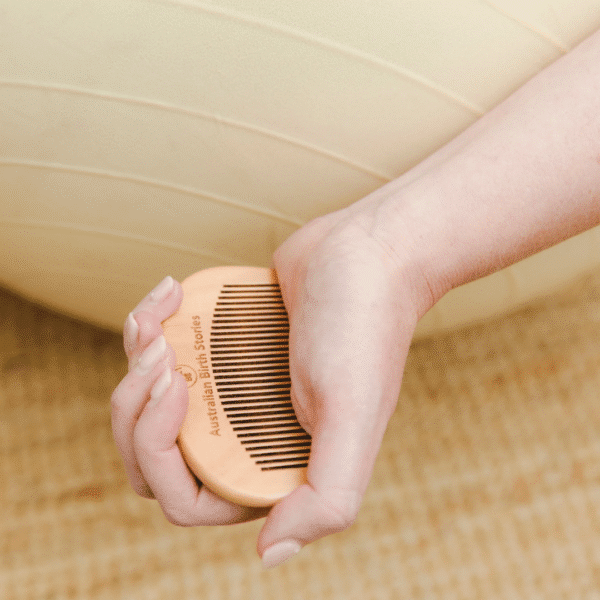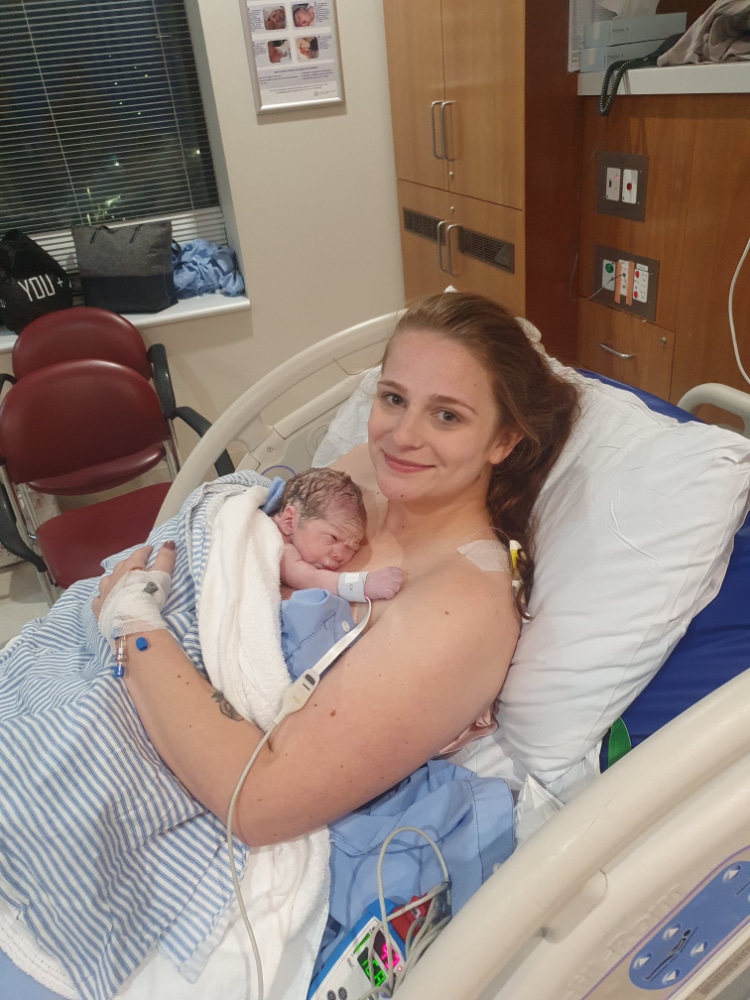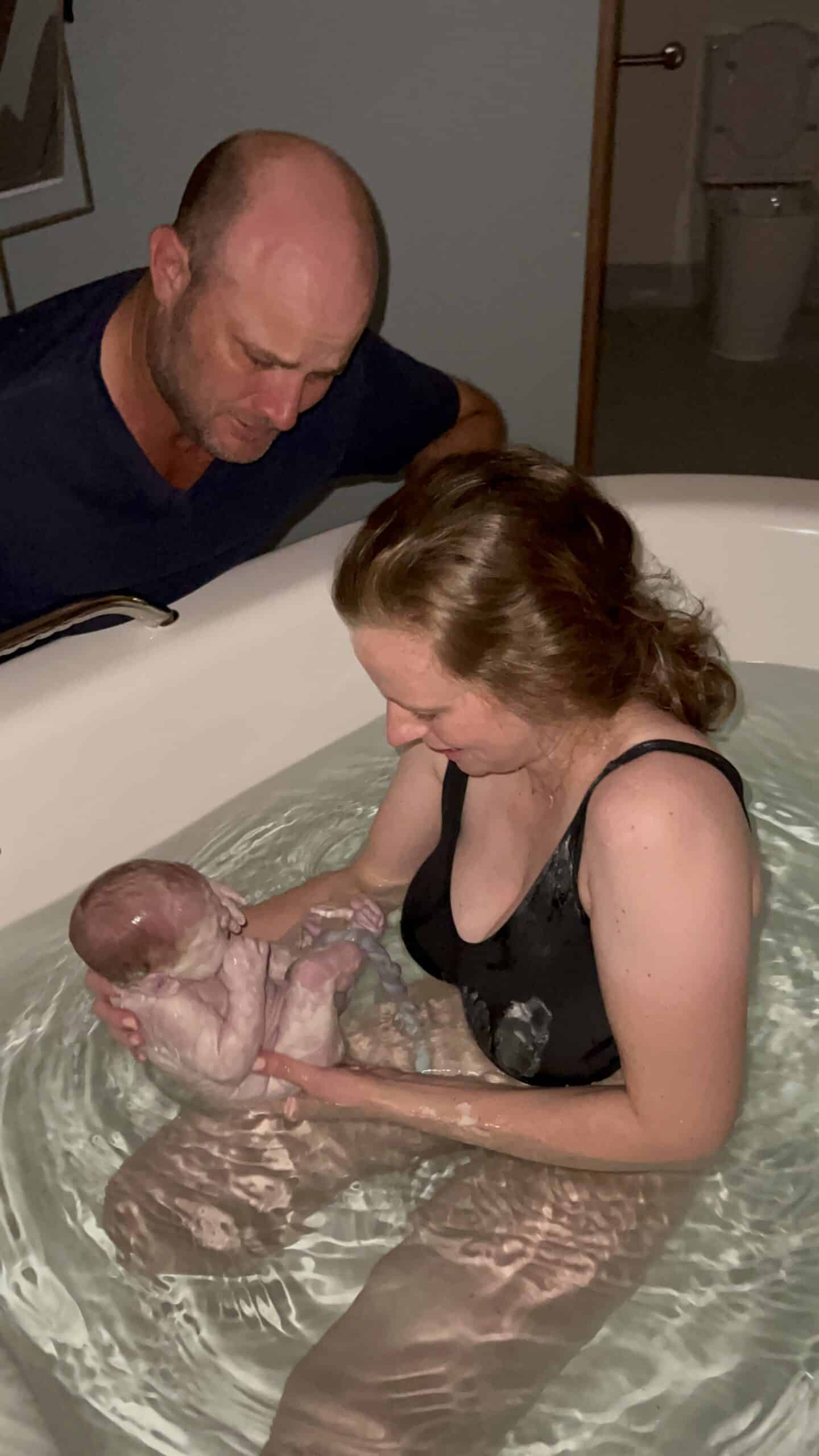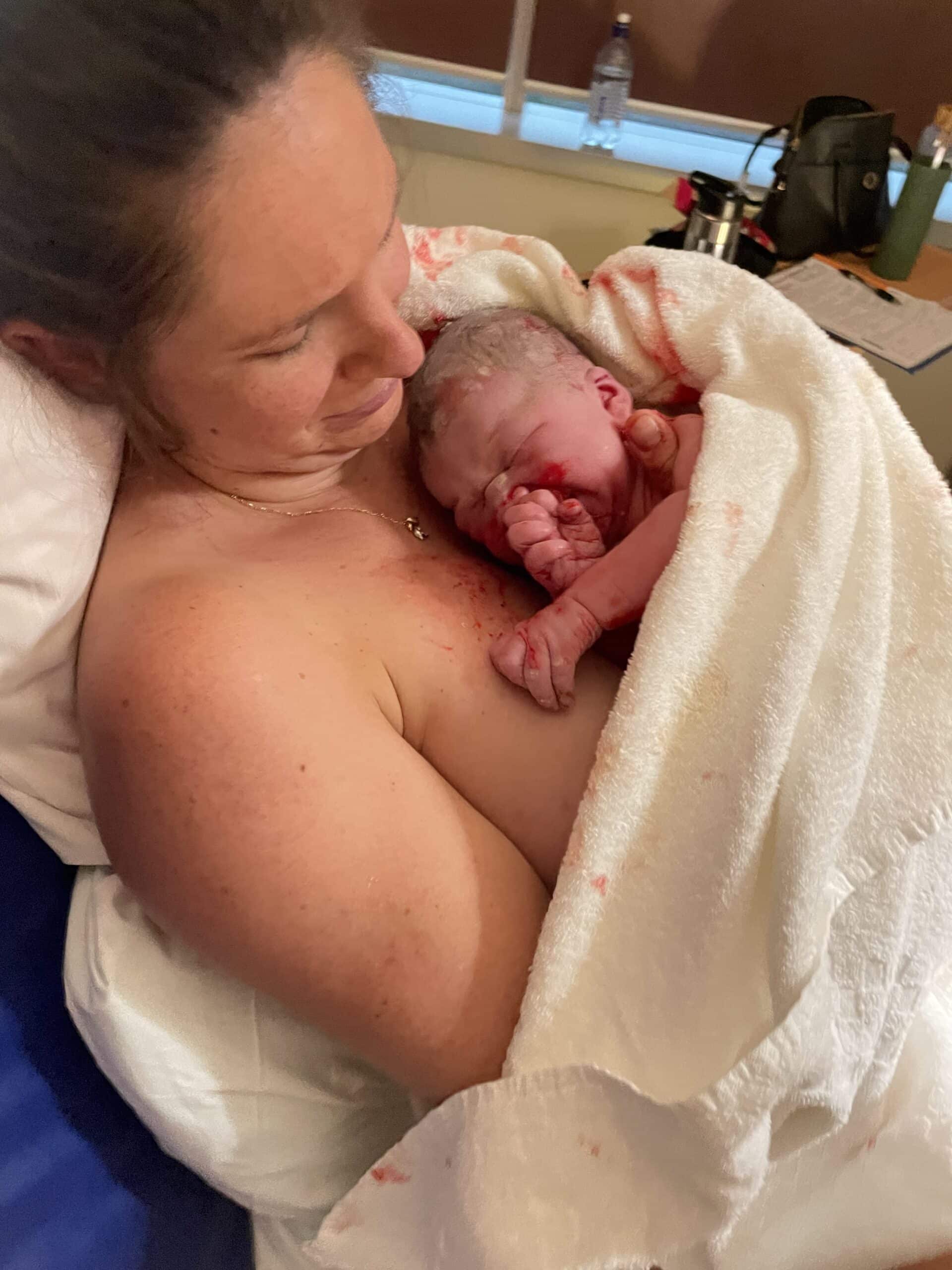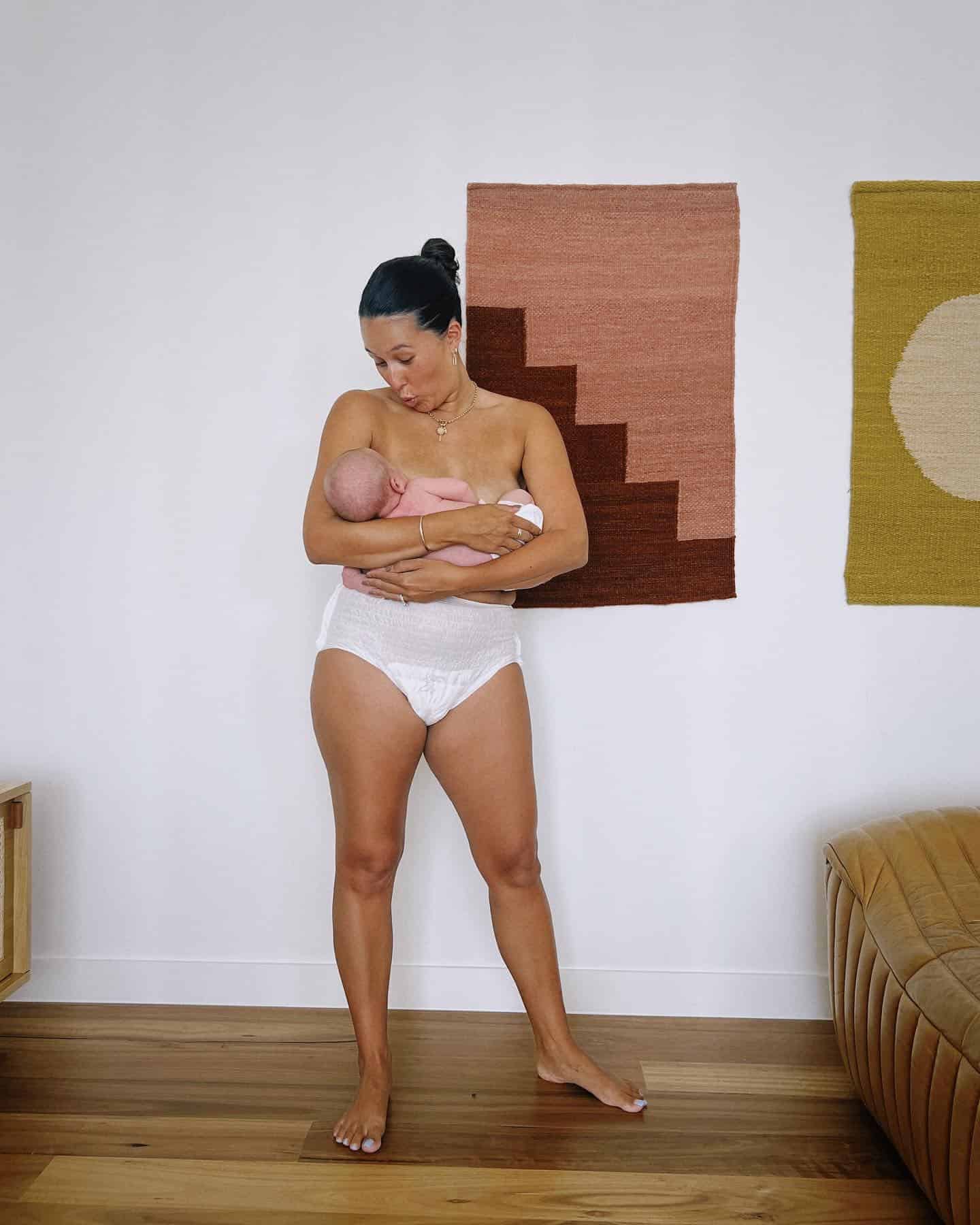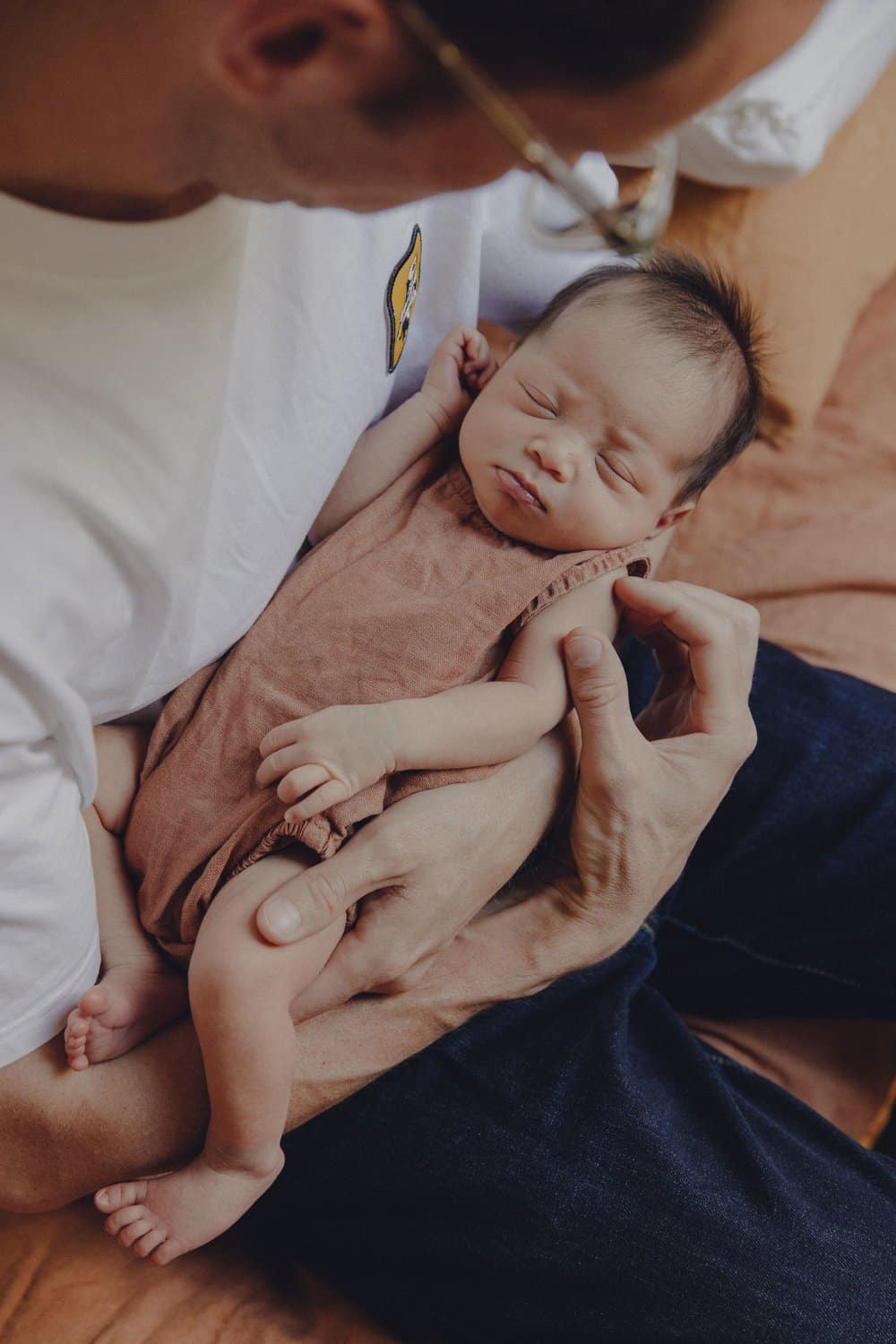Podcasts Samantha – Precipitous Labour, Covid 19
EPISODE 168
Samantha – Precipitous Labour, Covid 19
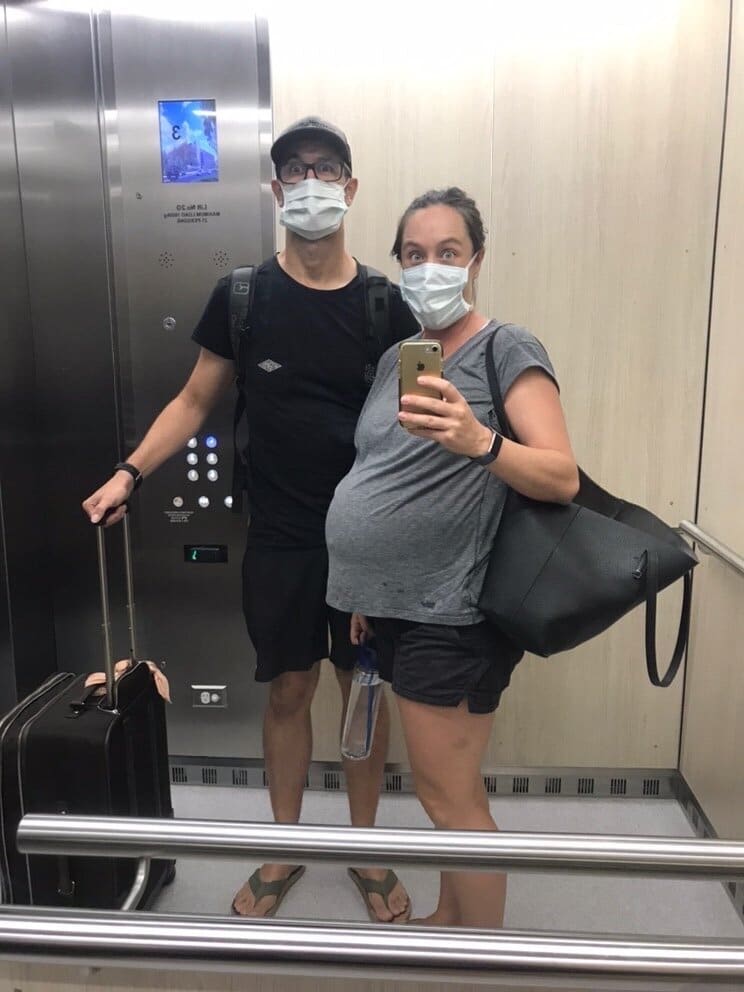
Samantha and her husband, Rob, were married for a year before they decided to start trying for a baby. Surprisingly, they fell pregnant on her first cycle and relied on guidance from their family and friends when it came to choosing a care provider. They opted for Obstetric care, planned to birth at their local private hospital and treated the opportunity as an indulgence for their first week as parents. They did a hospital birthing class together which was largely focussed on labour and what to expect from a medical perspective. It was Ina May Gaskin’s Guide to Childbirth that became Samantha’s most inspiring and educational birth preparation tool.
“It’s full of first hand stories of mothers who delivered with Ina May or her fellow midwives. There were definitely good and bad hospital and home experiences but the variety of them gave me the best perspective….I knew that anything could happen and that it’s completely out of my control and yet it’s completely in my control to mentally manage how I want to approach pain, this experience, this rite of passage. I felt like it really changed the language of birth for me and it honed in on the power of women and how strong we are.”
After a very smooth pregnancy, Samantha’s lead up to birth was very uneventful. She literally cruised into labour with mild contractions starting at 6pm one night and steadily increasing in intensity. “I was really into labour, I could feel my power and I enjoyed the lead up. We build up so much anticipation for the experience and I wanted to savour it and remember it,” she says. By 11pm she was labouring persistently so she woke her husband and they arrived at the hospital close to midnight. After only two hours of active labour, Samantha was already 6cm dilated and she was elated! She laboured in the dark birthing suite and found comfort in leaning over the bed with her husband massaging her lower back persistently. She eventually moved into the shower and relished the relief of hot water but after two hours, sore and tired, she asked for the gas. “I just couldn’t get it working with my breathing though so after five attempts I just gave up on it and resolved to just keep going,” she says. Her midwife suggested the birthing stool and as soon as Samantha sat on it her waters broke and contractions came hard and fast. Ida-Belle was born after only 15minutes of pushing and Samantha fell straight into the newborn love bubble. They spent four nights in hospital and were comforted by the support offered by the midwives during their stay.
Shortly after Ida-Belle’s second birthday, Samantha and Rob decided to try for another baby. Again, they fell pregnant on the first cycle. Although they had a wonderful experience at the private hospital, it was an expensive option and they wanted to look at a different care package, something more affordable and ultimately simpler. “I’d heard wonderful things about Sunshine Coast University Hospital and everyone had great things to say about it. We were juggling between a private OB or private midwifery group, but I left it a bit long and missed timing with the midwifery group so I just went through their local clinic with midwife appointments and it was great, I couldn’t fault it,” she says.
Again, her pregnancy was smooth and uneventful. It was only in her final week of work, in early March, that things started to change. “I was due to finish work on March 12th and in that last week the general anxiety around Coronavirus started to intensify. Everyone ramped up the hand-washing efforts, the supermarkets started selling out of toilet paper and pasta and everyone was just more concerned. On my first week of maternity leave the government started to enforce stay at home rules and so we pulled Ida out of daycare and my mother-in-law came to live with us,” she says.
It was during this time that Samantha had to face the reality that her mum, whom she’s so close with, wouldn’t be able to fly from the US for the birth. “She was scheduled to arrive on April 1 but as the news and restrictions started to come, we were in limbo. We rescheduled her trip and it was heart wrenching to do it as she was going to be in the birthing suite with me. She’s got plenty of FaceTime love but there’s nothing better than the newborn smell and rolls and cuddles. It’s heart wrenching to know she can’t have that right now,” says Samantha.
To add fuel to the fire, Ida came down with a fever, runny nose, cough and wheeze in the final week of Samantha’s pregnancy. They took her to the GP on the Thursday and she sent them to the hospital to get tested as a precaution. On the Friday, Samantha’s waters broke while she was reading Ida a bedtime story. “I knew it would be the last time to read just the two of us so I kept going and I just sobbed through the last few pages.”
Samantha and Rob took a leisurely drive to the hospital to check that it was her waters that had broken. They had to wear masks and were met by midwives who were in protective equipment – masks, robes, gloves and goggles. They confirmed that her waters had definitely broken but as contractions hadn’t started, they sent her home. They went to bed after the one-hour drive but Samantha was woken soon after with intense contractions. Within 20 minutes they were coming steadily every three minutes so Samantha called the hospital and they recommended calling the ambulance.
“At this stage the contractions were coming every 75seconds or so. Two lovely paramedics came and they took me in the ambulance. I stayed on all fours holding onto top of chair and I just focussed on breathing and coming into that peaceful, focussed mental space, staying positive, reminding myself that I could do it and I’d done it before. With all the chaos going on I knew it was going to make an epic story! I had to wear a mask and they were wearing a mask, gloves and goggles.”
Within ten minutes of arriving at the birthing suite, the two midwives assigned to Samantha told her she could take off her mask as it was so hot and making it hard to take deep breaths. The midwives were the only people allowed in the room and they wore full personal protective equipment including goggles, mask, robe and gloves. As an extra precaution, Samantha was placed in a room far away from other patients and every time the midwives came into the space, they needed to fully robe up. Despite precautions, they were still able to guide Samantha through her labour by showing Rob the best place to massage her and were overly apologetic of the steps they needed to take.
Within an hour of arriving at hospital, baby Vivienne was born. “She was posterior so I was pushing to bring her down and turn her around. Within minutes of her arriving we Facetimed my mum a
nd it was so special. Rob videoed me talking to mum and it’s so emotional.”
“The midwives were keen for us to leave the hospital as soon as possible considering we still didn’t have the test results back but I told them I needed to rest for a while and that I needed at least one night to recover. They were quickly accommodating and Rob went home to be with Ida. They put me in a pressurised room – very bubblegirl-esque – and I couldn’t hear any noise at all so I rested and bonded with Vivienne and it was actually really lovely.”
The next morning the midwife came to the window of Samantha’s room and held the test results up. Negative! “They were all so happy and relieved and we could enjoy one another and the experience without all the masks and robes and caution. They kept on apologising for needing to take those precautions, they were so kind and overly considerate, and I was just grateful that they cared enough to make those sacrifices in the first place.”
The newborn hearing test was done before Samantha left hospital and the community midwife appointments are now performed outside the home. “The midwife called beforehand and when she arrived she robed up and had eye and hand protection. She’s doing this for every home visit and explained that they can no longer step inside anyone’s home so all visits are done outside. She weighed Vivienne, watched me feed her, did the heel prick test and we chatted about my physical and emotional health. Every other appointment has been done over the phone and they have been really thorough with the questions they’ve asked.”
When it comes to women preparing to birth in this new Covid-19 world, Samantha offers this advice: “Trust in yourself, trust that your body will do what it’s meant to do and the medical professionals will do what they’re meant to do.”

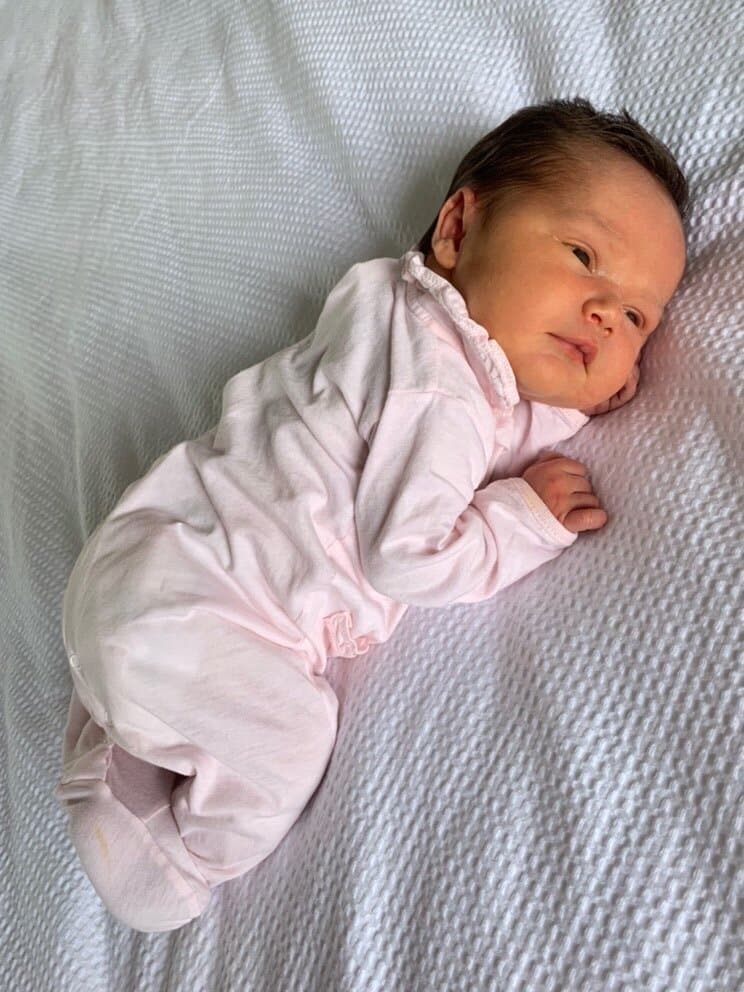
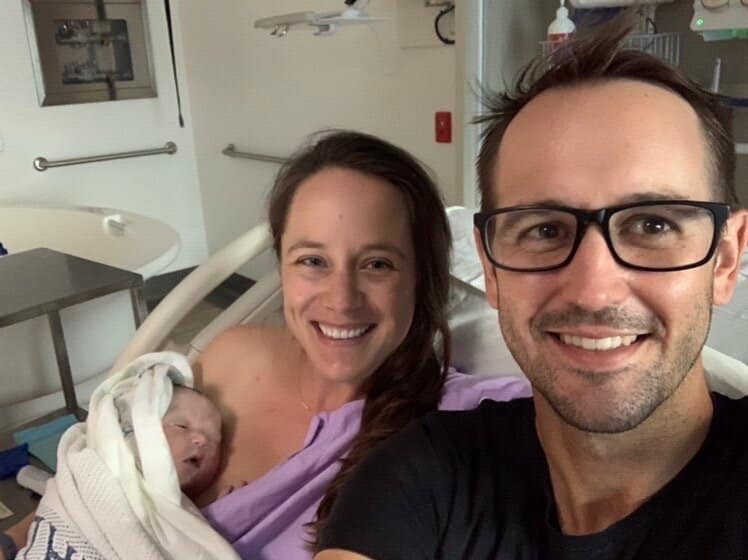
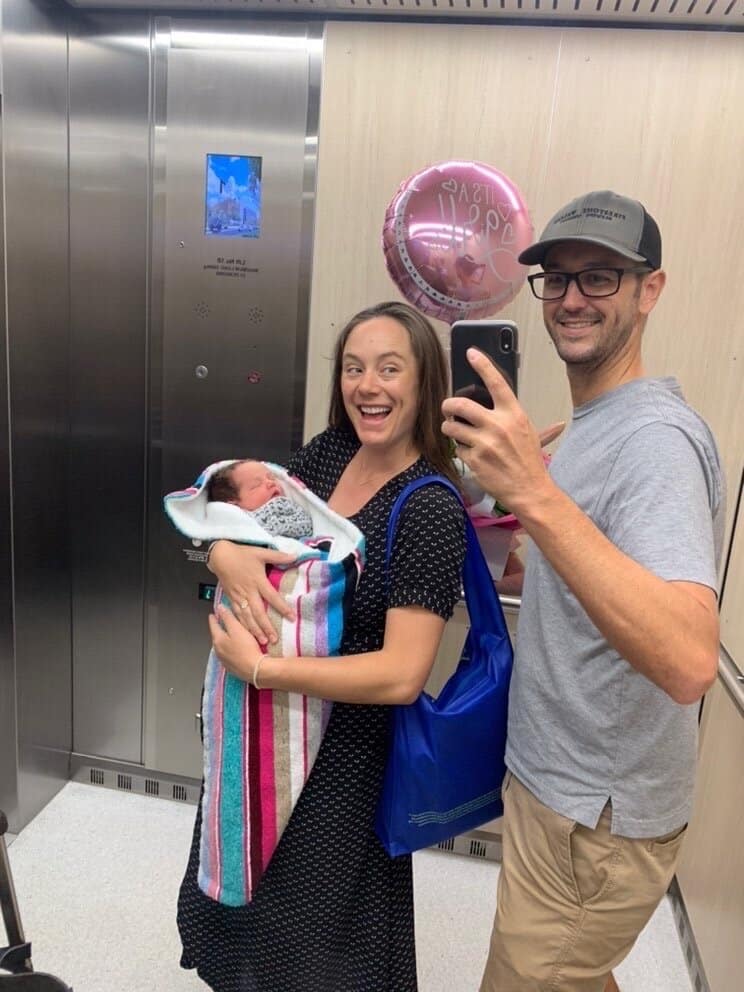

Topics Discussed
Community midwives, coronavirus, Covid-19, Ina May Gaskin, OB, Vaginal birth
Categories
Related Products
-
Birth Combs: Harness Your Body’s Natural Pain Relief
$24.95Crafted from smooth, natural wood, our birth combs activate specific pressure points in your hands that trigger your body’s innate pain-relieving responses.
Join the conversation
Sign up to get the latest updates, freebies, podcast releases straight into your inbox
@AustralianBirthStories
Follow along with us
@AustralianBirthStories
Follow along with us
@AustralianBirthStories
Follow along with us
@AustralianBirthStories
Follow along with us
@AustralianBirthStories
Follow along with us
@AustralianBirthStories
Follow along with us
@AustralianBirthStories
Follow along with us
@AustralianBirthStories
Follow along with us
@AustralianBirthStories
Follow along with us
@AustralianBirthStories
Follow along with us
@AustralianBirthStories
Follow along with us
@AustralianBirthStories
Follow along with us
